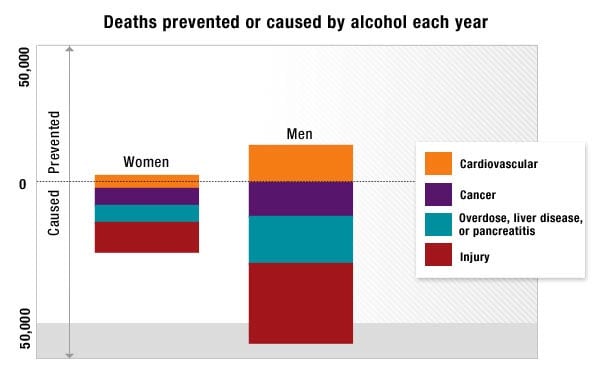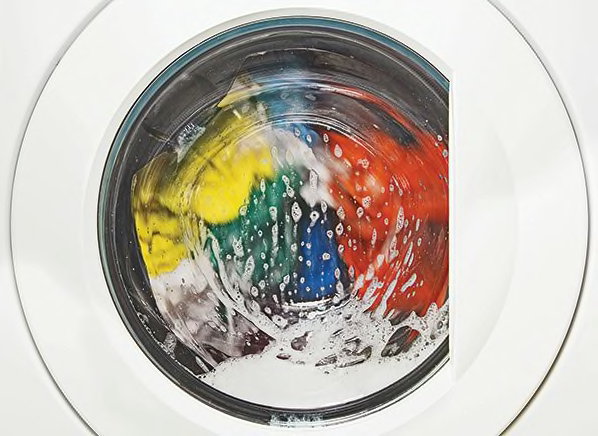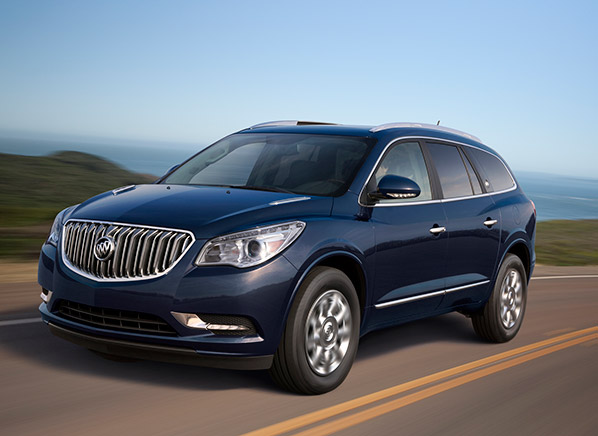Sign In

Menu
Suggested Searches
Recent Searches
Suggested Searches
Product Ratings
Resources
Chat With AskCR
Resources
All Products A-ZThe payment for your account couldn't be processed or you've canceled your account with us.
Re-activateMy account
Sign In
My account
Sign In


As the chart above shows, drinking alcohol harms far more people than it helps. That's especially true for men since they tend to drink more than women and are more likely to binge drink as well.
Of course, the health benefits of alcohol come from moderate drinking and most of the risks come from excessive consumption. So you may be tempted to say, "Alcohol may be bad for the population overall, but it's OK for me." While that may be generally true, there are exceptions.
Even moderately drinking alcohol can contribute to certain cancers, for example, so the risks may outweigh the benefits for people at high risk of those malignancies. And moderate drinking can cause more harm than good if it leads to excessive consumption.
The benefits. Moderate, regular drinking—generally no more than one drink a day for women and two drinks a day for men—raises HDL (good) cholesterol and cuts the risk of death from heart disease by about 25 percent. It may also help prevent type 2 diabetes and ischemic strokes, the kind caused by blood clots.
The risks. Each drink may increase the risk of cancers of the colon, rectum, liver, mouth and throat, and in women, the breast. Alcohol can also contribute to birth defects, depression, and hemorrhagic strokes, the kind caused by bleeding in the brain. Heavy drinking can harm the liver and heart as well as increase the risk of accidents, addiction, and violence. So can binge drinking, which is defined as more than three drinks in any one day for women and more than four for men.
The balance. The benefits of moderate drinking appear to be highest among people at increased risk of heart disease, notably men about 40 or older and women about 50 or older. In younger people, the increased risk of accidents, cancer, and violence may erase that benefit.
The bottom line. No one should start drinking because of alcohol's possible health benefits. Those with a known drinking problem or certain medical conditions, or those who take medications that interact with alcohol should avoid alcohol or restrict their intake. But current drinkers don't need to stop—if they truly have it under control. To see if you do, ask yourself these questions:
The National Institute on Alcohol Abuse and Alcoholism says that if you answer "yes" to two or more questions, you most likely have a problem and should talk with a physician.
 WASHING MACHINE REVIEWS
WASHING MACHINE REVIEWS GENERATOR REVIEWS
GENERATOR REVIEWS
 Build & Buy Car Buying Service
Build & Buy Car Buying Service
Save thousands off MSRP with upfront dealer pricing information and a transparent car buying experience.
 Get Ratings on the go and compare
Get Ratings on the go and compare
while you shop

